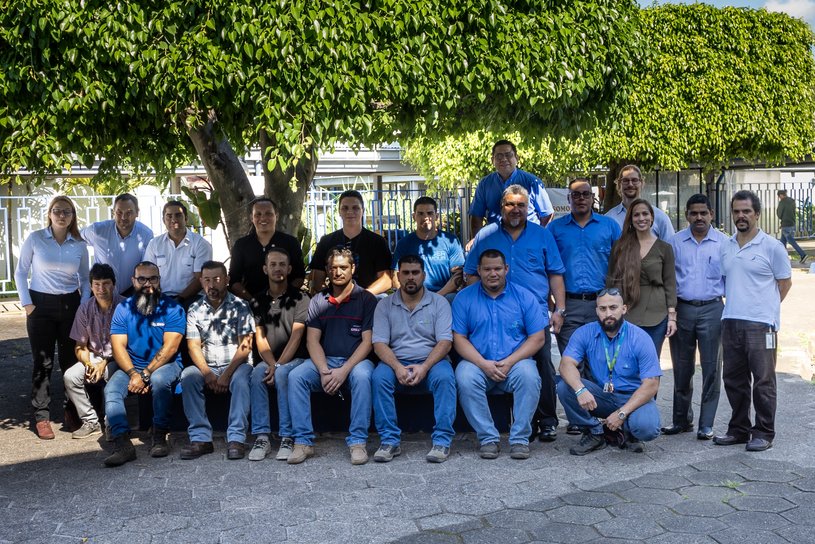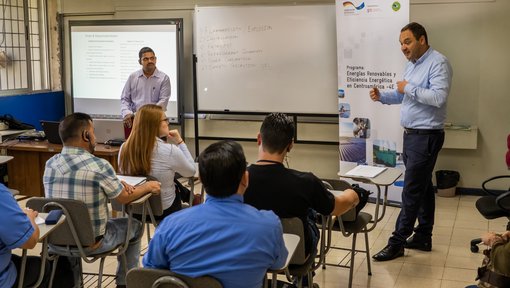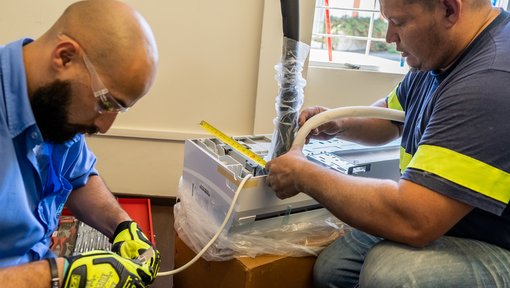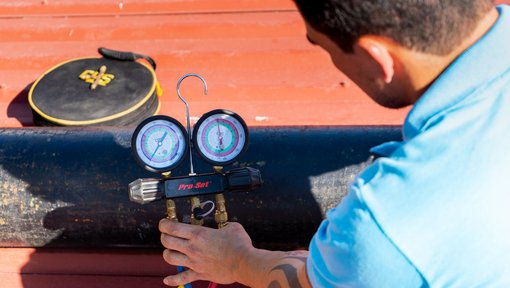Costa Rica

Costa Rica is a great example to follow in the region - from the training of technicians to the exchange of experiences.
The first factor to ensure proper installation and maintenance of RAC equipment with hydrocarbon refrigerants is to have well-trained technicians. Therefore, six trainings were carried out. Additionally, Costa Rica facilitated a demonstration project that involved hotels and institutions from the public sector. The project supported the installation and energy-consumption monitoring of R-290 air conditioners.
In order to celebrate the International Day for the Preservation of the Ozone Layer (September 16, 2020), a virtual conference was held together with UNDP. Almost 500 participants registered for the conference, which focused on the use of low global warming potential refrigerants (LGWP).



